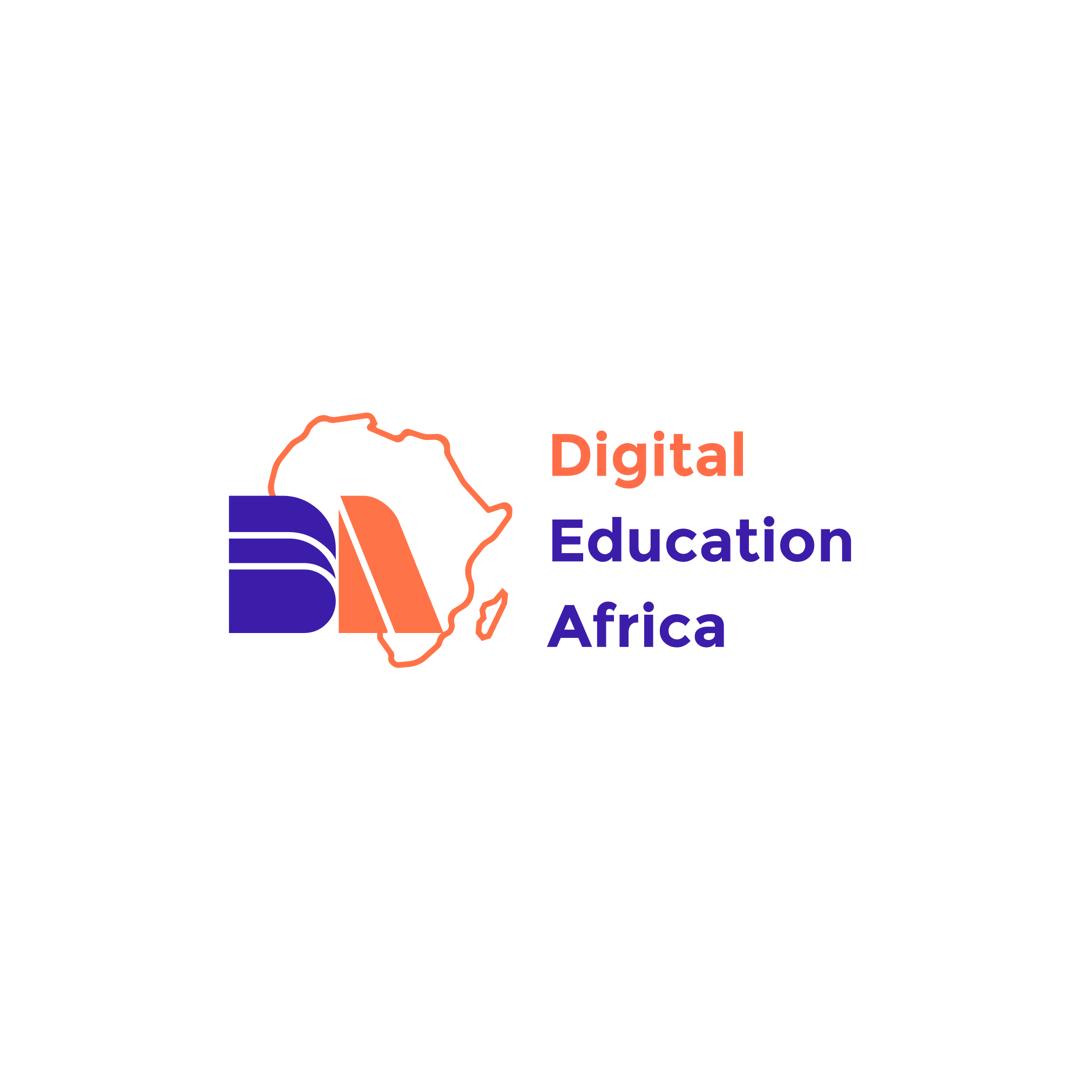A leading education technology organisation, Argyle IT & Education, is leading the charge in transforming Africa’s higher education landscape through digital innovation.
Chief Executive Officer of Argyle IT & Education, Opeyemi Ibukun, who spoke during a virtual press conference to mark the official launch of the Digital Higher Education in Africa (DHEA) Summit set for between June 19th and 20th, 2025, higher education is a critical driver of innovation and economic growth, adding that it strengthens the entire education system, builds human capital for the workforce, and helps retain talent.
Speaking on the importance of prioritising higher education and its impact on the nation’s socio-economic development, Ibukun said: “When we look at developing countries, one thing they’ve gotten right is their investment in higher education, with over 60per cent of their population attending tertiary institutions, compared to less than 30per cent in other regions. Higher education is a critical driver of innovation and economic growth. It strengthens the entire education system, builds human capital for the workforce, and helps retain talent.
“It is essential to recognise that the economic potential unlocked by higher education can, in turn, generate the funding needed to improve basic education. DHEA aims to address key challenges in the sector, including funding gaps, infrastructure deficits, the need for upskilling and capacity building, and fostering collaboration among stakeholders—while also exploring monetisation opportunities for universities.”
The DHEA summit is expected to bring together key stakeholders, including policymakers, academics, industry leaders, and edtech organisations to accelerate the adoption of digital technologies that will redefine teaching, learning, and research across the continent.
Aside Ibukun, other attendees at the conference included Director, i-Flow Energy Holdings, Prof Babajide Oyeneyin; Managing Director, Danvic Petroleum, Dr Mayowa Afe; Chief Operating Officer, Argyle IT & Education, Solikume Joel; Managing Director, LOJ International Education Consultancy, Dr Jide Olufuyi; Event Director, DHEA Summit, Toochi Abiahu, and others.
Giving the opening remarks, Joel spoke on the vision behind DHEA Summit and Argyle’s role in advancing digital higher education in Africa.
She said: “DHEA was borne out of a shared need we identified in the education sector through our work at Argyle IT & Education, a career-focused education technology company committed to transforming how education is delivered and careers are shaped in Nigeria and across Africa. “We saw a gap in conversations around the real challenges facing education, and a need to spotlight what’s working while growing the digital higher education space.
“We began development in 2020, and by 2022, institutions had already started using our platforms for their learning. The DHEA Summit is our way of bringing together educators, policymakers, vice chancellors, student voices, and the corporate sector to shape the future of education in Africa. There’s no better time than now.”
Dr. Afe discussed the key drivers of digital education, particularly the role of digitisation in enabling personalised learning experiences. He stressed the need for public-private partnerships to fund initiatives aimed at bridging infrastructure and skills gaps in the country. “To truly transform education, we must invest in scalable digital infrastructure and equip both educators and students with the skills they need to thrive,” he said.
Prof Oyeneyin highlighted the importance of digital transformation in advancing research and future development. He encouraged the education sector to leverage big data and artificial intelligence for predictive analysis, which could accelerate digital adoption and foster meaningful progress in Nigeria’s education system. “It’s about looking into the future and building on existing foundations to move ahead in development,” he stated.
Dr. Olufuyi spoke about democratising access to education. He discussed how remote learning and global connectivity are revolutionising collaboration among students and teachers, making education more cost-effective and accessible. “These tools are breaking down barriers, bridging inequalities, and unlocking learning opportunities for everyone,” he said.
Higher education plays a critical role in shaping Africa’s broader education ecosystem. Strengthening universities improves the quality of teachers available for primary and secondary education while contributing to economic growth. Addressing Africa’s digital education challenges has the potential to create jobs, expand the knowledge economy, and add up to $100 billion to the continent’s GDP within five years.
The DHEA summit will serve as a platform for high-level discussions, and the showcasing of EdTech innovation. With vice chancellors, ICT Directors, Deans of admission, edtech innovators, and leading academic figures in attendance, the event will foster collaboration that ensures Africa’s higher education institutions are equipped for a technology-driven future.





